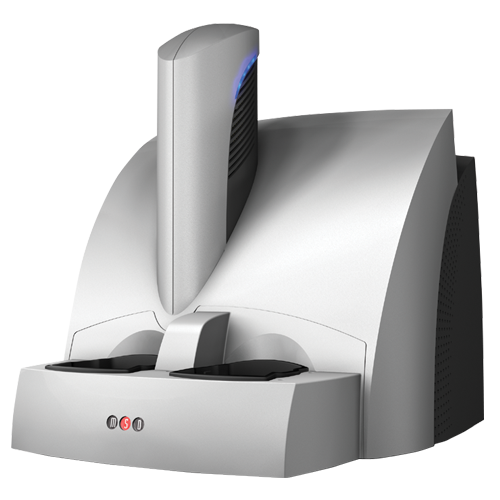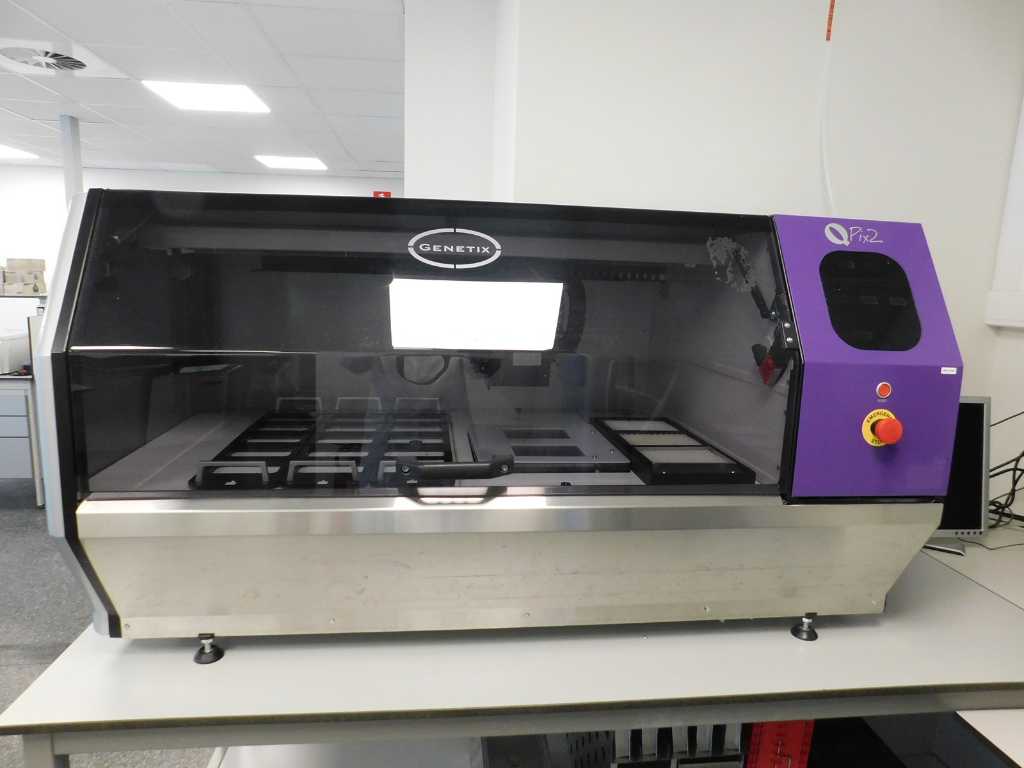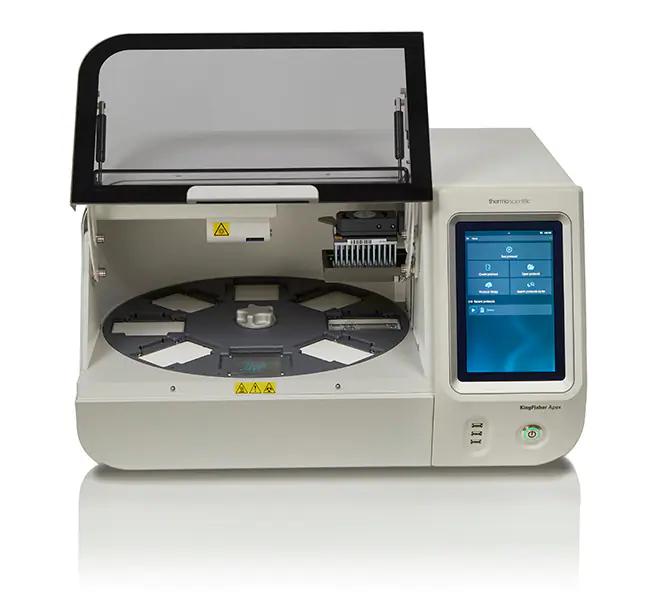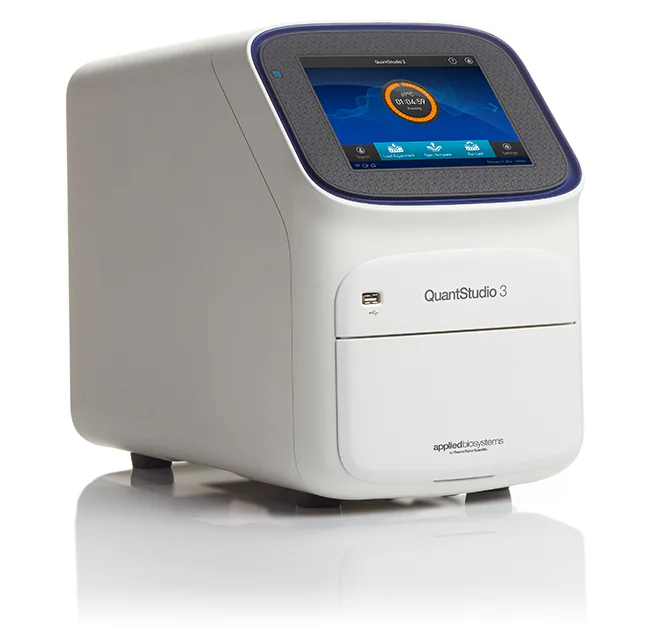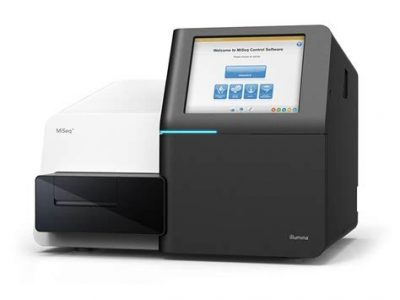Biofactorial
The Biofactorial High-Throughput Biology Facility is located in the Life Sciences Institute situated on the University of British Columbia’s Vancouver campus.

What we do.
Many of biology’s unanswered questions require the use of large multifactorial experiments that are only solvable using some type of automation system, or require extreme miniaturization due to the exorbitant costs of essential reagents. The High Throughput Biology Facility, Biofactorial, addresses several of the current gaps in automation infrastructure within academia and small to mid-size enterprises (SME’s) and is meant to provide researchers inside and outside UBC with access to automation to enable greater scientific insight at new economies of scale. Biofactorial is a member of the Global Biofoundries Alliance (GBA) and promotes adoption of common standards and open science initiatives. If you’re interested in using the facility or want to know more about automation systems, let us know! Contact us
Screening
Services
Equipment
New: MSD ELISA Reader
Costs
Our Capabilities.
We help researchers achieve their full potential using automation systems. Alongside Biofactorial’s core infrastructure, the Labcyte Access Workstation, we house various different plate and high-content readers, liquid dispensers, plate washers, and a variety of specialized machines primed to support your research. Our full equipment catalogue can be found below. We are also available to showcase our facility through on-site visits. Contact us.

Access Workstation
A fully integrated robot capable of replicating entire workflows. An all-in-one workstation bringing together the ECHO acoustic liquid handler, PHERastar plate reader, thermocycler, Combi liquid dispenser, Cytomat incubator, centrifuge, plate sealer, peeler and labeller.
Meso Sector S 600
High sensitivity electrochemi-luminescence immunoassay imager capable of multiplexing in 96- and 384-well formats.
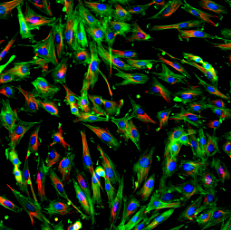
High Content Screening
Offering the Cellomics ArrayScan VTi and the CellInsight CX5, our high content screening platforms allow for quantitative cellular imaging and analysis.
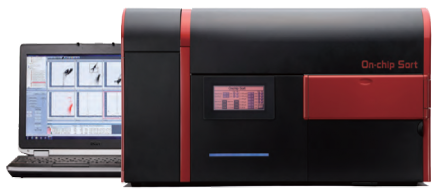
On-Chip Sort
Chip-based microfluidic sorter capable of gently sorting cells or emulsion droplets with improved cell viability and growth.
See how we can automate from selecting colonies through to sequencing
QPix Colony Picker – allows for picking, replicating, and re-arraying colonies from agar plates to 96- and 384-well plates
KingFisher Apex – an automated magnetic-particle processing system for the extraction of DNA, RNA, and proteins in 24- and 96-well formats
QuantStudio qPCR – real time PCR machine in 96- and 384- well formats
Agilent Bravo – a liquid handling platform used for DNA and RNA purification for NGS
Labcyte ECHO – tip-less acoustic liquid dispenser for small volume library preparations
Illumina Miseq – typically used for amplicon sequencing but can also be used for low coverage shotgun sequencing applications
List of Other Equipment
Plate Readers
Capable of accepting up to 1536-well microplates, for detection of absorbance, luminescence, fluorescence and time-resolved fluorescence.
- BMG Labtech PHERAstar FSX
- BMG Labtech NEPHELOstar (nephelometer)
- Thermo Scientific Varioskan FLASH
- Perkin Elmer Victor2
- Biotek PowerWave XS
- Thermo Cellomics ArrayScan VTi
- Thermo CellInsight CX5
Bioanalyzers
Analyses sample quality (sizing, quantification, integrity, and purity) through automated electrophoresis.
- Agilent 2100 Bioanalyzer
- Agilent TapeStation (access)
Liquid Handlers/Dispensers
Tip-based, cassette-based, acoustic, and pinning – our collection of liquid handlers will allow for rapid dispensing of volumes as low as 25nL.
- Labcyte ECHO 525 Acoustic Handler
- Agilent Bravo
- Thermo Multidrop CombiNL
- Matrix Hydra
- Biomek 3000
- Biomek Fx
- Biotek MultiFlo
- Biotek EL406 and ELx405 plate washers
- Matrix PlateMate Plus (pinning and tip-based)
- Matrix WellMate
Our Libraries
Metagenomic Fosmid DNA Libraries
We maintain an archive of over 125 large insert fosmid libraries encompassing over 200,000 unique clones sourced from diverse natural and engineered environments. With an average insert size of over 40,000 base pairs these libraries collectively encode over 8 million predicted open reading frames that can be screened for the production of biocatalysts, biosensors, and unique molecules.
Fosmid library sources include:
Engineered Environments
Toluene-degrading
Naphtha-degrading
Oilsands tailings pond
Coal bed cuttings and produced waters
Pulp and paper mill hog fuel pile
Natural Environments
Saanich Inlet
Sakinaw Lake
Lakelse hot spring
Williams Lake soil horizons
Organismal Environments
Human
Sponge
Compound Screening Libraries.
Compound screening is at the heart of many probe and drug discovery projects. Biofactorial enables investigators to access small volumes of compounds for screening projects performed at the facility, and can support activities from assay design, screening, secondary assay screening, through to preliminary SAR.
Bio - actives
Compounds with identified biological activity:
- Prestwick Off-patent drugs (1200 compounds)
- Sigma LOPAC (1200 compounds)
- Microsource and Biomol selected bioactives (1500 compounds)
- Selleckchem FDA approved and passed Phase 1 Drug Library (3372 compounds)
Screening collections
- CCBN library (collection of 26,000 diverse compounds from Maybridge and Chembridge)
- Chembridge DiverSet library (50,000 compounds)
- Enamine and Chembridge collection (64,000 compounds)
(Overlap between libraries is <1%)
Mission shRNA Libraries
We have a 2015 collection of the Sigma-Aldrich human (TRC-Hs1.0) and mouse (TRC-Mm1.0) lentiviral vector-based shRNA libraries. The libraries include a broad range of gene families, functional classes, and druggable targets, with each hairpin sequence cloned into the lentiviral vector pLKO.1. Multiple constructs were created per gene to ensure adequate coverage of the target gene. For more detailed information on the libraries, visit Sigma-Aldrich.

Potential Uses.
Biofactorial was designed to support most common molecular and cellular biology protocols. We are able to perform both mammalian and bacterial cell culture experiments for compound and metagenomic screening. In addition, the facility is able to generate sequencing libraries at low cost and sequence on site, or utilize our selection of readers and high content platforms for long term cell imaging experiments. Let us know if you would like to automate your workflow or would like to explore possibilities for a unique high-throughput capability. Contact us.
Contact Us.
Biofactorial is available for scheduling, please get in contact with us. Tom Pfeifer is the automation manager and can be reached by email at tpfeifer@mail.ubc.ca.
Attn:
Tom Pfeifer
Biofactorial High-Throughput Biology Facility
Rm. 2505, 2350 Health Sciences Mall
Vancouver, BC.
Canada V6T 1Z3
